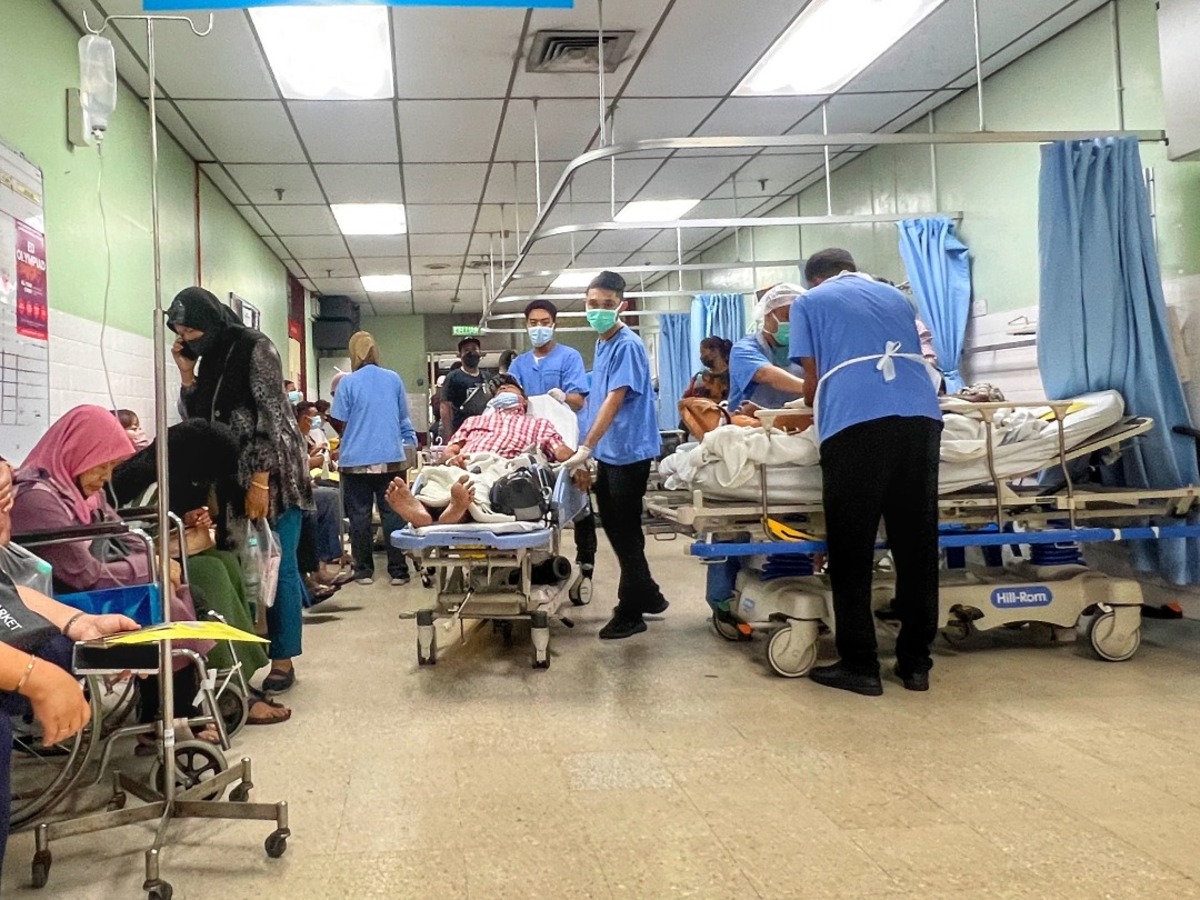The government’s recent decision to suspend permanent appointments in the public service, particularly in the health sector, has created a sense of uncertainty among medical officers.
This shift raises concerns about the potential impact on their career paths, promotions, and opportunities for specialisation.
The ongoing pandemic has further exacerbated the workload and responsibilities of medical officers, adding to the challenges they already face.
The suspension may pose a risk that could cause the loss of skilled professionals from the public health service, necessitating urgent attention to address these issues.
An imperative understanding is required that with the halt in permanent appointments, there will be a rise in the number of contract doctors, but a decline in specialists at different departments. This may impact specialised care, as well as increase workloads in the health care community.
In response to these challenges, Malaysian Medics International (MMI) advocates for immediate adjustments in on-call allowances and salary scales to adequately compensate medical officers for their increased workloads and the uncertainties associated with the transition to contract-based appointments.
Hence, to effectively address the adjustments, the government should embark on a multifaceted strategy.
Firstly, a thorough revaluation of existing policies governing health care professionals’ compensation is required.
This review should meticulously consider the unique challenges introduced by the transition to contract-based appointments and account for the heightened responsibilities borne by medical officers.
Engaging stakeholders, including medical associations such as MMI, in an inclusive dialogue, will be paramount.
This collaborative effort ensures that the resulting policies resonate with the needs and expectations of the medical community from students to specialists.
Simultaneously, the government must prioritise health care funding in the national budget, ensuring that the financial allocation is sufficient for increased compensation without compromising the system’s fiscal sustainability.
Legislative amendments, if necessary, should be pursued collaboratively to facilitate changes in compensation structures.
Moreover, transparent communication throughout this process is essential to build trust among the public and health care professionals.
Exploring incentive programmes beyond salary adjustments, coupled with strategic, long-term planning that aligns with evolving health care dynamics, can further ensure the sustainability and effectiveness of compensation strategies for medical officers.
In conclusion, a holistic approach to overcoming these challenges is vital for an efficient and systematic health care system.
Kavilan Murthi is the executive co-chair of Malaysian Medics International.
- This is the personal opinion of the writer or publication and does not necessarily represent the views of CodeBlue.






